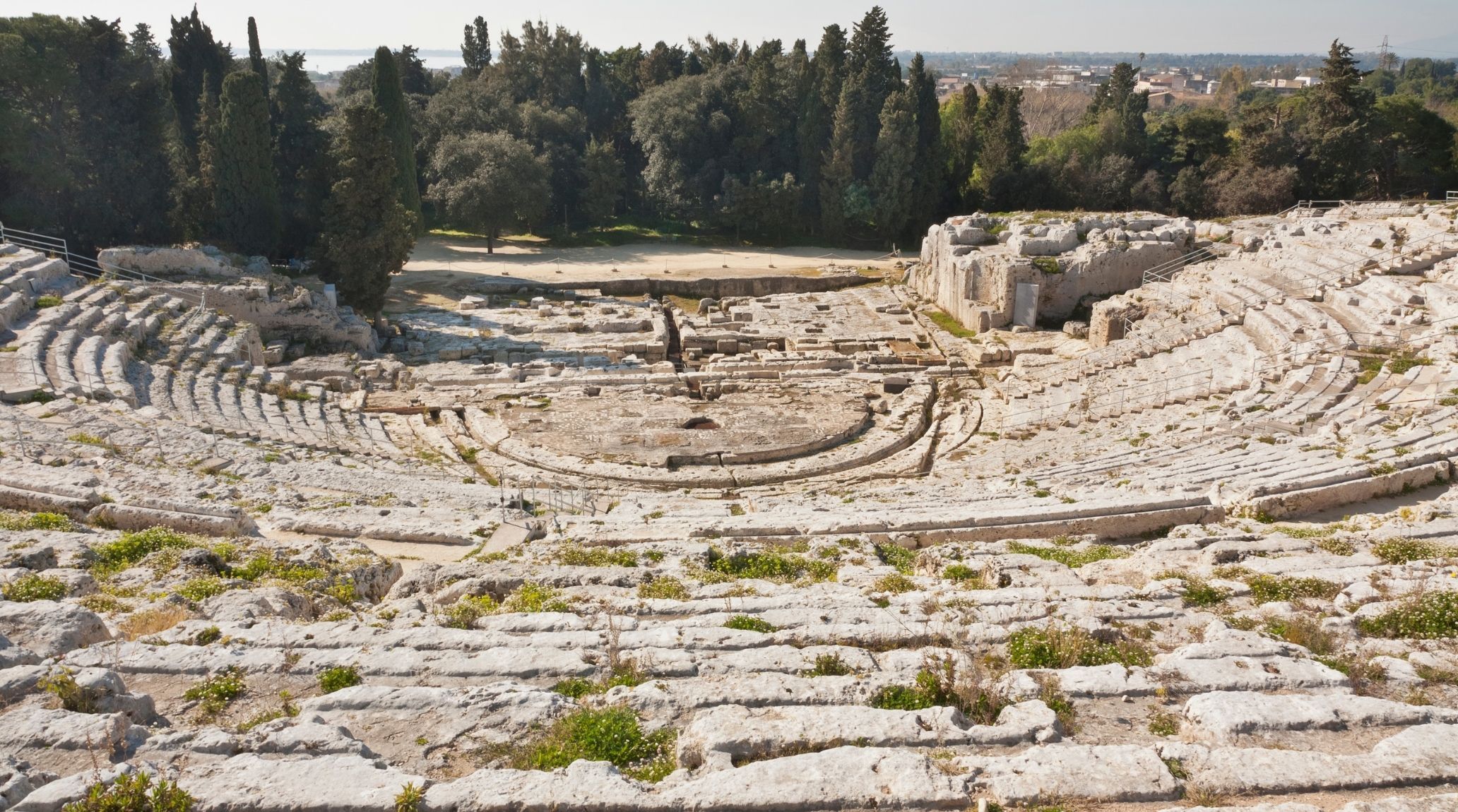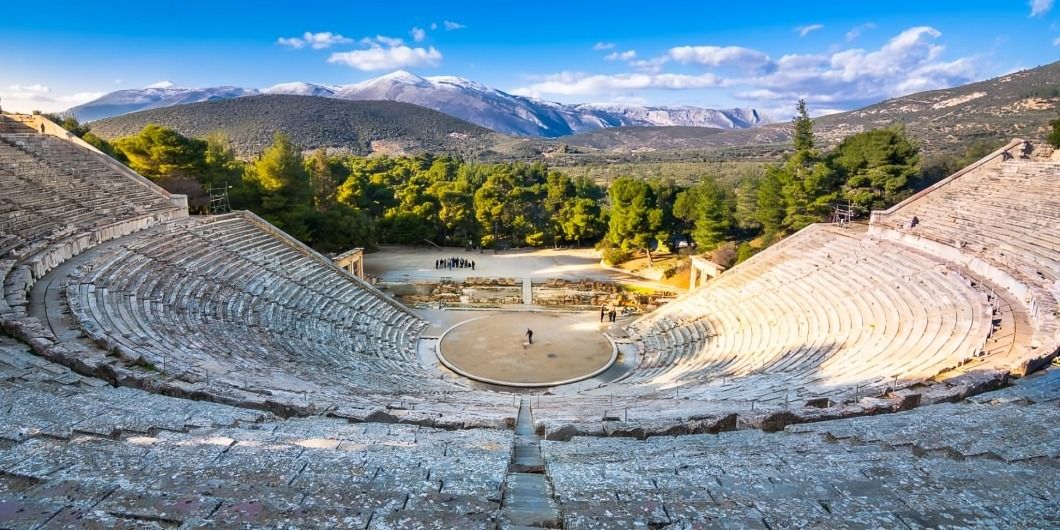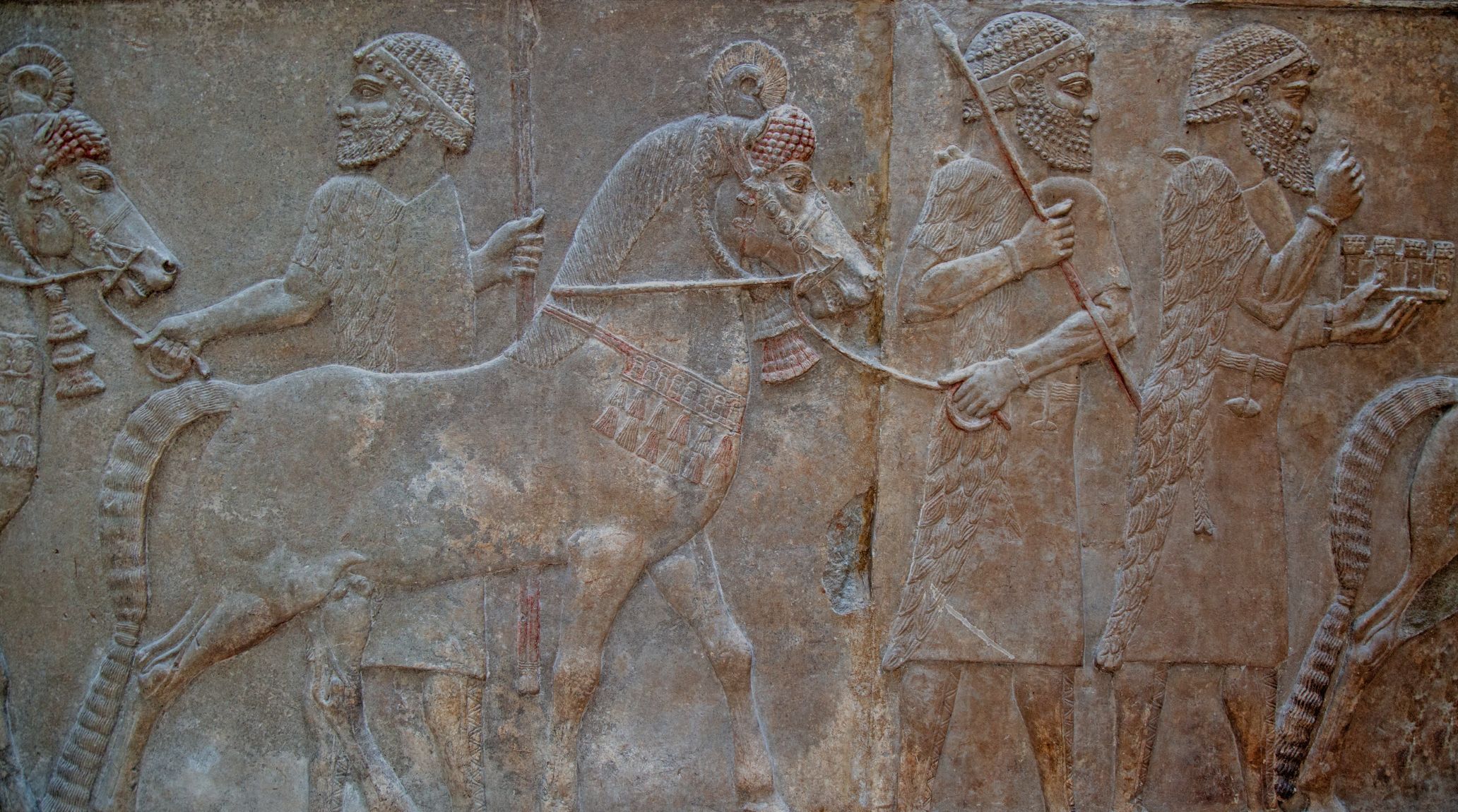
“
Greek theater has left an indelible mark on the world of drama, with its rich legacy of tragedy and comedy. In this blog, we explore 20 Interesting Facts About Greek Theater, delving into its origins, influential playwrights, and unique performance traditions. Join us as we journey through the captivating world of Greek theater and its enduring impact on storytelling and performance.1
1
”
Greek theater began as part of religious festivals honoring Dionysus, the god of wine and fertility. These festivals included performances that evolved into the distinct genres of tragedy and comedy, shaping Western drama for centuries to come. 1
The word "tragedy" originates from the Greek word tragōidia, meaning "goat song." It likely refers to early rituals involving goats, either as a sacrificial offering to Dionysus or as a prize for the best dramatic performance in early festivals.2
Greek tragedy focused on serious themes such as fate, human suffering, and the gods’ influence on human lives. The plots often revolved around noble characters facing moral dilemmas, with their choices leading to downfall and death. 3
The festivals were attended by all Athenian citizens, including both women and men, as well as visitors from across Greece, making it a widely inclusive and significant event for all. 4
Performances were held in the open air, allowing audiences to enjoy the shows under the sky. This setting enhanced the communal atmosphere and made the experience more immersive and engaging for everyone involved. 5
Famous playwrights Aeschylus, Sophocles, and Euripides each shaped tragedy. Aeschylus introduced a second actor for dialogue, while Sophocles added a third for complex character interactions, advancing the genre significantly. 6
Distinguished guests and highly important visitors were given the privilege of sitting in the front seats. This arrangement highlighted their status and ensured they had the best view of the performances and events. 7
Greek theater took place in outdoor amphitheaters, often built into hillsides. These venues, like the Theater of Dionysus in Athens, could hold up to 17,000 spectators, providing a communal experience where citizens gathered to watch performances. 8

Masks were a crucial part of Greek theater, allowing actors to play multiple roles and helping the audience identify characters. Tragic masks were more somber, while comic masks exaggerated facial expressions to heighten the humor.
The chorus was crucial in tragedy and comedy, offering commentary and reflecting societal views. In tragedies, they voiced moral and philosophical issues, while in comedies, they added humor and levity. 9
The skene, (from Greek skēnē, “scene-building”), provided a backdrop and costume-changing space for actors. Over time, it evolved into elaborate set designs, enhancing the visual appeal of performances. 10
Aristotle's Poetics is a key Greek theater text that defines tragedy's structure, including catharsis (emotional release) and hamartia (tragic flaw). These concepts have profoundly influenced dramatic theory through the ages.11
Comedy competitions were held in the City of Dionysia, where playwrights like Aristophanes and Menander presented their works. These comedic performances were full of satire, crude humor, and fantastic elements. 12
Euripides, known for his bold and unconventional approach, often portrayed women and slaves as complex characters, challenging societal expectations. His plays, like Medea and The Bacchae, offered deeper psychological insights into human nature. 13
Greek theater was a state-sponsored affair, with the city providing financial support for productions. Wealthy citizens, known as choregoi, also funded the chorus and production costs, making theater both a civic duty and a prestigious social activity. 14
Music and dance were essential elements of Greek theater. The chorus often sang or chanted in unison, accompanied by instruments like the aulos (a double-reed instrument). Dance movements helped to convey the mood and action of the plays. 15
The role of women in Greek theater was paradoxical. While women were central to many tragic and comic plots, female roles were always played by men, as women were not allowed to perform on stage during the classical period. 16
Greek comedy evolved into Old Comedy, exemplified by Aristophanes with its political satire, and New Comedy, introduced by Menander, focusing on romantic and domestic themes, influencing later European comedies. 17

Many Greek theaters, like the Epidaurus theater, are architectural marvels with remarkable acoustics. Performers could speak in a normal voice, and their words would carry clearly to the highest rows, a feat unmatched by many modern theaters.
Greek theater influenced Roman theater and later European drama, particularly during the Renaissance. Playwrights like Shakespeare drew inspiration from Greek tragedies, incorporating elements like tragic flaws and catharsis into their works. 18


